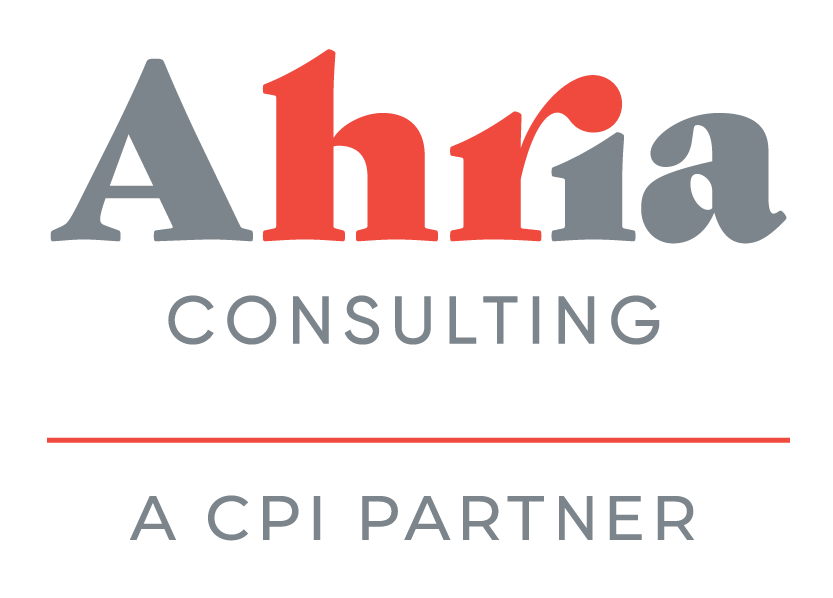Directors often have limited time and attention spans. This one wouldn’t
Many of today’s CEOs and corporate directors are very enamoured with AI at the moment, seeing in it the seeds of a technological (and industrial) revolution. But how many of them see AI the way some of their employees might view it ― as their potential replacement?
Way back in 2014, a Hong Kong venture capital firm called Deep Knowledge Ventures appointed an AI director to sit on its board. It ― she ― was called Vital, short for Validating Investment Tool for Advancing Life Sciences. At the time, many considered it a PR stunt ― but once the hype died down, the AI executive worked pretty well. Well, enough, in fact, that the same VC firm has added a second AI director to its board.
“The experiment was so successful,” said former Chief Scientist of Australia Alan Finkel, “that the [Deepwater] CEO predicts that we will see fully autonomous companies able to operate without any human involvement within the next decade.”
More organizations should be thinking about this, argue some tech experts. “The World Economic Forum has reported that by 2026, corporate governance will have undergone a robotization process on a massive scale,” wrote Kingsdale Advisors CEO Ian Robertson in the Globe last month.
He argues that the current interest in AI tech will “inevitably lead to more established support for corporate directors using AI in their roles, if not their full replacement by autonomous systems. The result being that human directors sharing their decision-making powers with robo-directors will have become the new normal.”
The current crop of AI tools may have their limits, and the headlines about it taking over humanity are a bit hyperbolic to say the least, but one thing they are strong at is rapid analysis of large amounts of data ― the kind of abilities that are well suited to governance roles.
“I do believe there could be co-CEO roles,” wrote the CEO of SalesChoice, Cindy Gordon. “A CEO human guiding the organization, and all of the decisions being reviewed by a co-CEO AI bot, analyzing all the communication, decisions, impacts and running risk scenarios of predictive odds of success or failure.”
If you’re a worried exec or director, you take the good with the bad here. You might not get replaced – but you’ll probably have to deal with one more uncharismatic, decision-questioning board member.
Content written by Kieran Delamont for Worklife, a partnership between Ahria Consulting and London Inc. To view this content in newsletter form, click here.
